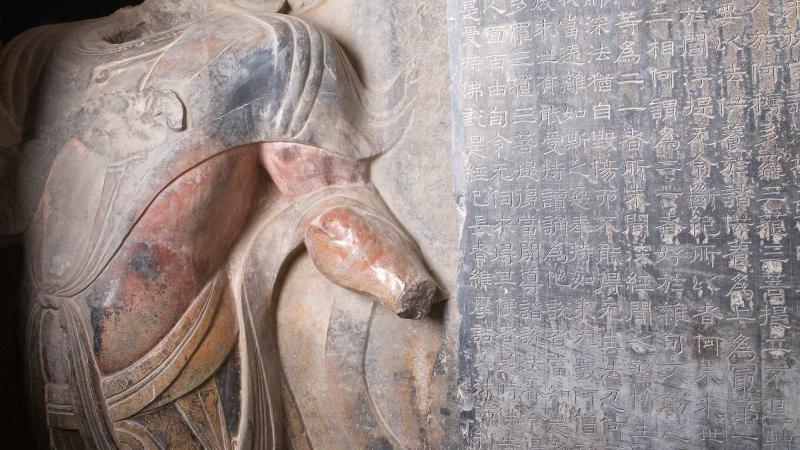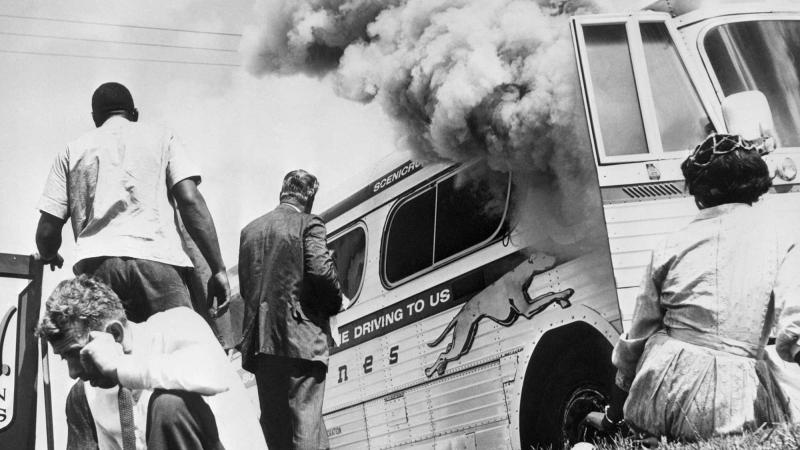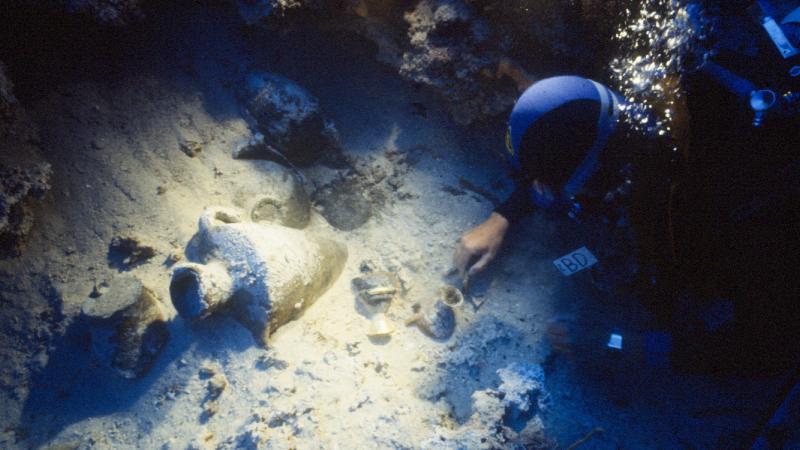Coming off a meteoric rise as a community organizer in California’s Imperial Valley, Cesar Chavez sparked a labor movement in the 1960s that resulted in the formation of the powerful United Farm Workers. In March 1966, he led a three-hundred mile march of solidarity to Sacramento. Under Chavez’s leadership, the union staged nonviolent strikes and nationwide boycotts of grapes and lettuce.
What Los Angeles Times investigative reporter Miriam Pawel brings to light in her meticulously researched biography of Chavez (funded by a $50,400 NEH grant) is that for every positive image of him, there’s another one that paints a different picture. In The Crusades of Cesar Chavez, we learn that the union organizer was vehemently opposed to undocumented immigrant workers, looked with disdain upon the material comforts his own members yearned for, and slipped into despotic isolation in his mountain compound, La Paz, purging the UFW of many of his closest friends, allies, and mentors.
Pawel’s disciplined approach avoids a saintly treatment of Chavez. That’s no easy task in writing about a man whose face became an indelible part of the American consciousness of the latter 20th century. A 1968 news photo shows him with Robert F. Kennedy as he breaks bread after ending his 25 day fast. In July 1969, Chavez appeared on the front cover of Time. He crops up in countless photos, speaking to crowds while the angled wings of the UFW Aztec eagle spread powerfully above his shoulders. There was even a postage stamp bearing his image.
Regarding infighting or Chavez’s lack of a sense of solidarity, one reviewer of Pawel’s book notes, “he distrusted colleagues who sought pay raises, and rejected them for himself: Sacrifice, he urged, must be the mark of the movement. . . Gandhi, rather than King, was the role model.”
After initial successes in organizing farm workers, Chavez would later falter when it came to the more humdrum aspects of union administration. Los Angeles Times reviewer Liza Featherstone assesses the ultimate impact of Crusades, noting that Pawel’s biography is “for readers who find real human beings more compelling than icons and history more relevant than fantasy.”
Written by Steve Moyer, associate editor of Humanities.


